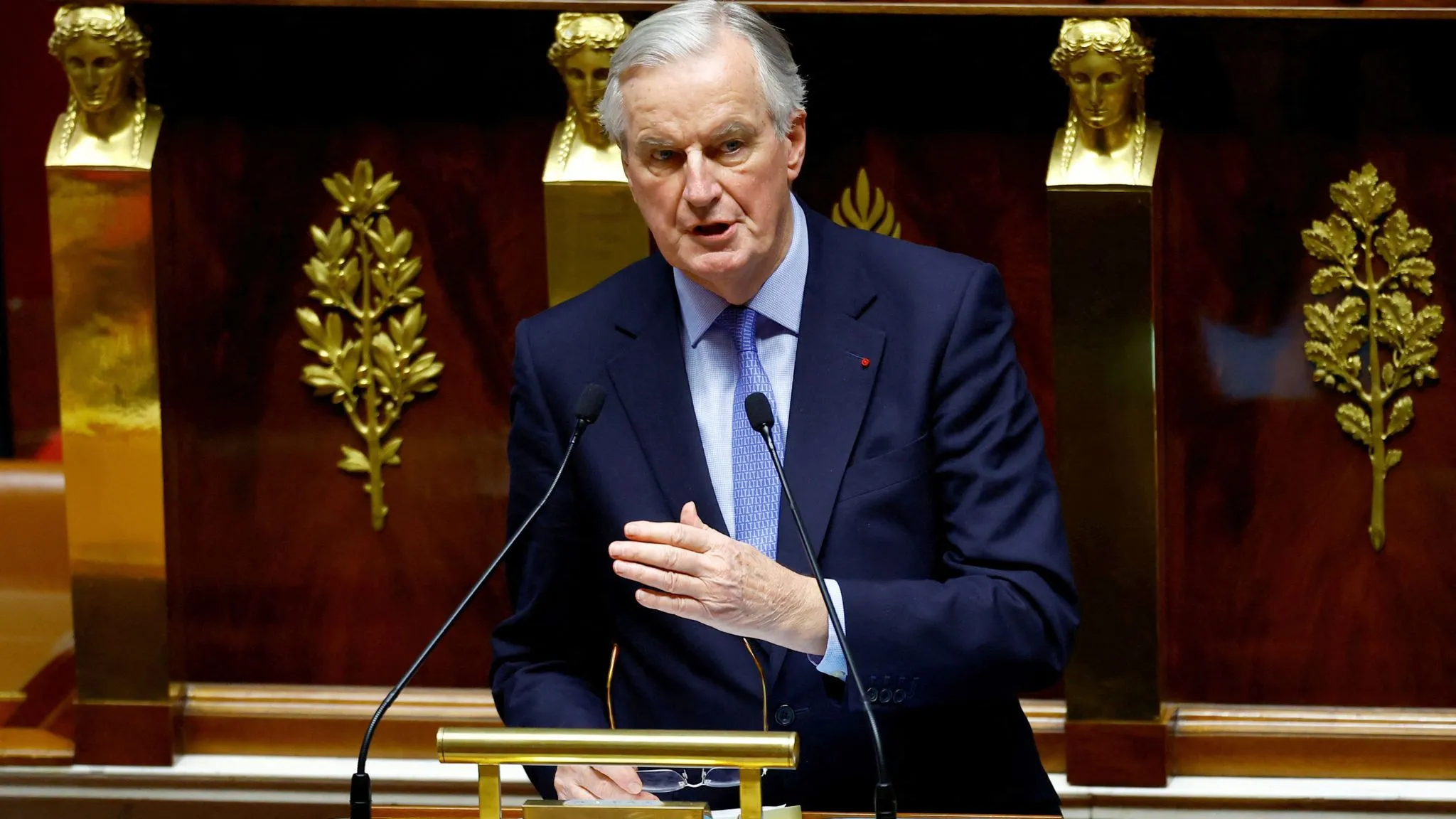French Government’s Bold Moves: What Americans Need to Know Now!
In recent months, the French government has been making waves with a series of groundbreaking policy initiatives that could have significant implications for international relations, particularly between France and the United States. From sweeping reforms to innovative approaches in climate policy, the French administration is charting a bold new course that demands global attention.
A Landscape of Transformation
The French government has been particularly aggressive in addressing multiple critical areas. Language preservation has become a key focus, with strict regulations implemented to protect the French language from what officials see as excessive English influence. This move goes beyond mere linguistic protection, representing a deeper cultural preservation strategy that reflects France’s commitment to maintaining its unique national identity.
Pension Reforms and Social Unrest
One of the most contentious issues has been pension reforms that have triggered widespread protests across the country. The government’s proposed changes to retirement age and benefits have sparked intense public debate, with citizens taking to the streets to voice their concerns. These reforms represent a critical attempt to address long-term economic sustainability, though not without significant social friction.
“We are not just changing a policy, we are reimagining the social contract,” said a senior government official in a recent press conference.
Climate Initiatives: A Global Leadership Stance
France has positioned itself as a global leader in climate action, with an ambitious commitment to reduce carbon emissions by 50% by 2030. This bold initiative goes beyond domestic policy, potentially influencing international environmental strategies and setting a benchmark for other nations.
Key Climate Initiatives:
- Aggressive carbon reduction targets
- Investment in renewable energy infrastructure
- Support for green technology innovation
Economic and Digital Strategies
The French government has taken a particularly bold approach to digital taxation, introducing measures that directly challenge large tech companies. This strategy has created potential tension with the United States, highlighting the complex landscape of international economic policy.
Healthcare and Pandemic Response
In the wake of the COVID-19 pandemic, France is undertaking a comprehensive healthcare system overhaul. The reforms aim to:
– Improve system efficiency
– Enhance healthcare accessibility
– Strengthen pandemic preparedness
Immigration and Security Dynamics
New immigration policies are being carefully crafted to balance humanitarian responsibilities with national security concerns. These policies could potentially reshape France’s approach to international migration and have broader implications for global migration discussions.
Defense and Geopolitical Positioning
With increasing geopolitical tensions, France is strategically increasing its defense budget. This move signals a commitment to national security and potentially repositions France’s role within NATO and international security frameworks.
Implications for American Observers
For Americans, these developments represent more than just foreign policy updates. They signal a potentially significant shift in international relations, economic strategies, and global governance approaches.
Cultural Diplomacy and Soft Power
France is simultaneously investing in cultural diplomacy, seeking to strengthen international ties through art, education, and exchange programs. This approach demonstrates a nuanced understanding of global influence beyond traditional diplomatic channels.
Conclusion
The French government’s recent initiatives paint a picture of a nation actively reimagining its role in the 21st-century global landscape. While these changes may create challenges, they also offer opportunities for innovative international cooperation.
Stay tuned as these developments continue to unfold.
Disclaimer: This article provides an overview based on current information and should not be considered definitive policy analysis.






Leave a Comment